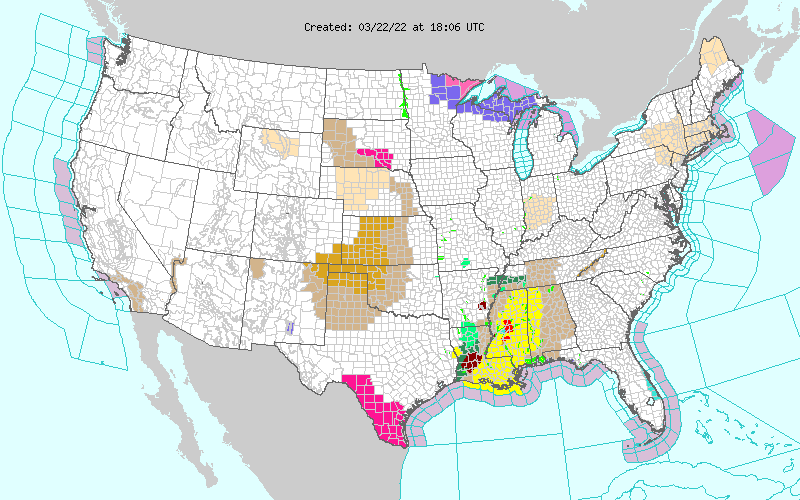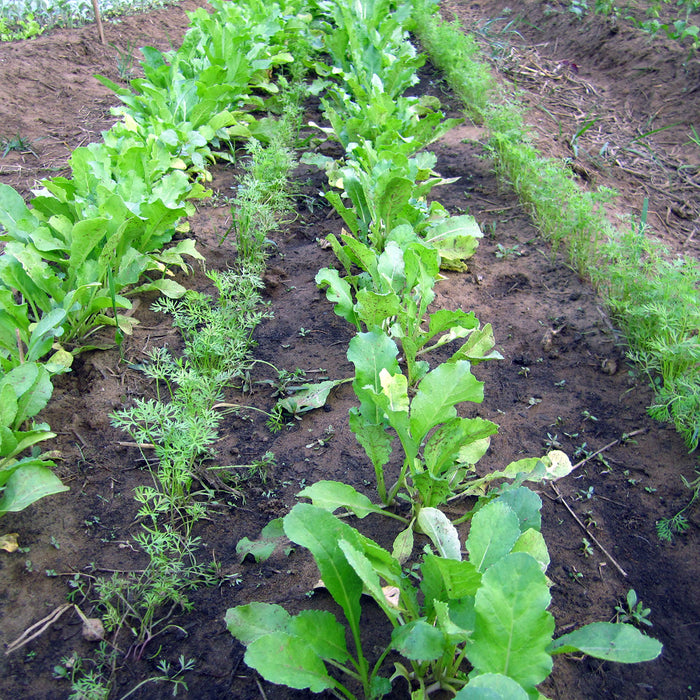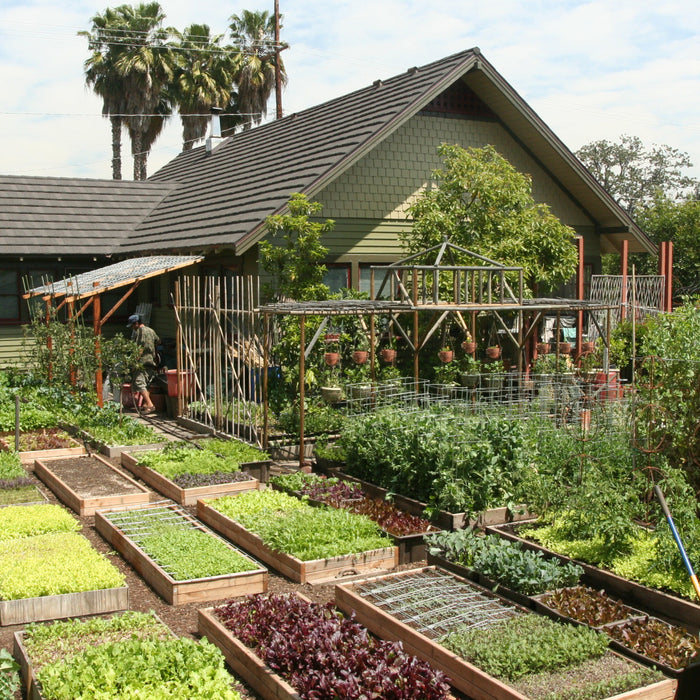

South Threatened by Severe Weather After Texas Tornado Disaster: How to Prepare.
After the devastating tornadoes that struck Texas, the South is now on high alert for severe weather. The National Weather Service has issued a tornado watch for parts of Louisiana, Mississippi, and Alabama, which means that over 4.7 million people are at risk for severe thunderstorms and tornadoes. If you live in one of these states, it is important to be prepared for the worst. In this blog post, we will discuss what you can do to stay safe during a tornado outbreak.

Winds were "howling along the Gulf Coast, where I can literally feel the atmosphere destabilizing," CNN meteorologist Derek Van Dam reported. "Almost like it's gearing itself up for an afternoon of tornado mayhem. It's time to have your severe weather preps in place in case the big one strikes."
Wind gusts of 75 mph, large hail and "a few tornadoes with a couple intense tornadoes (are) possible," the prediction center said. The tornado watch is in effect until 7 p.m. CT.
Tornadoes are most likely to form between late afternoon and early evening, the agency said.
"It is a very dangerous situation taking shape across parts of the Deep South," Van Dam said. "All it takes is one tornado to completely devastate a community."

The weather channel predicts that the severe weather will start around noon and last into the evening hours. They are urging people to take cover if they see any signs of a tornado, such as a dark, rotating cloud or a loud, roaring sound. If you find yourself in the path of a tornado, the best thing to do is to take shelter immediately. The safest place to be is in a basement or an interior room on the lowest level of your home. If you do not have access to a basement, try to get to an interior closet or bathroom. Get away from windows and protect yourself by hiding under a sturdy piece of furniture.
Tornadoes are one of the most destructive weather phenomena on Earth. They can level entire neighborhoods in a matter of minutes, and their high winds can cause widespread damage. If you live in an area that is at risk for tornadoes, it is important to have a plan in place in case one strikes. The first step is to identify a safe room in your home, such as a basement or an interior room on the ground floor. If you have time, you should also bring any loose items inside that could become projectiles in high winds. Once you are in your safe room, make sure to stay away from windows and doors, and protect your head and neck with a blanket or pillow. If you are in a car when a tornado strikes, do not try to outrun it; instead, look for a sturdy building or shelter to take cover in. Make sure that you have a 72 hour emergency kit for each member of your family, you don't know how long the utilities will be out.
No one knows when or where a tornado will strike, so it is important to be prepared at all times. By following the tips in this blog post, you can increase your chances of surviving a tornado. Stay safe out there!
For more information on tornadoes and severe weather, visit the National Weather Service's website.



